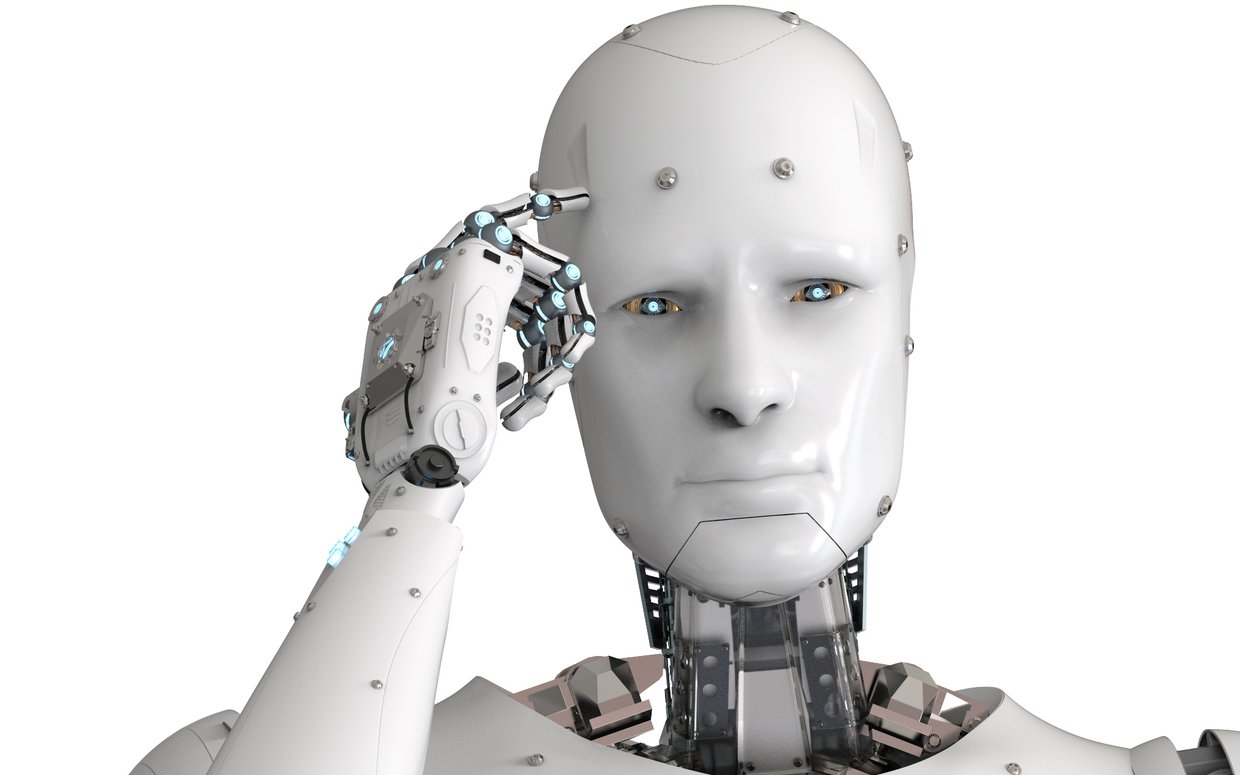Nobody asked but …
I am a survivor of the Expert Systems rage of the mid-80s. Every trade journal of every industry that even had a trickle of data processing was touting the next coming of Expert Systems. ES were premised on taking the most experienced, most expert of your business’s humans, then making a killer app with your tiny desktop computers that would cross-examine your clerks to make sure they answered all of the questions that your top guru would ask. Thereby, a business could replicate their most expensive personnel with far less costly order-takers. Expert systems were the flavor-of-the-month. They were also vaporware (a derogatory term for mirages seen by futurists).
The main problems were a lack of software engineering skill, low-powered computers, and a gross misdefinition of the open-ended and unbounded process of applying expertise.
Today, with vastly more of the first two commodities, but a lingering dearth of appreciation for human skills, the dernière cri is artificial intelligence (AI). This weekend there appeared the inevitable symptom, in Parade Magazine, of the current topic over-hype. The cliched title was “Artificial Intelligence Takes Off” (According to Google, there are more than 2,000 hits on that exact phrase, and 5-and-1/2 million hits on the general idea)”.
Let me make some observations:
- The article cites some job categories that are disappearing. The author claims this erosion is due to AI. Most of the job types listed — cashiers, telemarketers, bookkeepers — are actually giving way to advancements in the mechanical technologies in which they once were proficient. There is no intellectual advancement.
- People are the most costly part of any process. Employing people to do unskilled work has two components — the cost of people who are expensive by any reckoning, and the opportunity cost of using people for low-return work when they can be employed for optimum-return work. Natural intelligence, aka entrepreneurial intelligence, is making these discoveries.
- One of the most vexing examples of jobs disappearing is given as bus drivers. Knowing that a driverless car ran down a pedestrian a few weeks ago, are you going to get on a driverless bus any time soon?
- The article goes on to imply that, since the 1980s, this country has gained 16 million new jobs thanks to technology. Based on other unlikely assertions in the article, I don’t know what to make of this claim.
- Then the article goes ahead to list jobs that could be safe, such as writers, editors, and other communication workers. Noting the current state of communications, I’d say everyone has their work cut out for them. Our gains in technology have not produced similar gains in processing real information.
- Lastly, the version that I read poses three “future” occupations that will save us all. Two of them are the sheerest pie in the sky. And the third, automation-assisted healthcare workers have always been a growth field — nothing new to see here.




